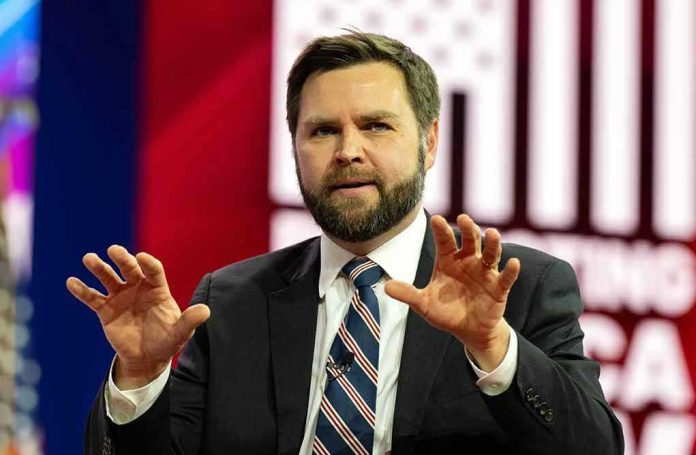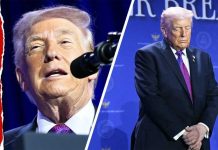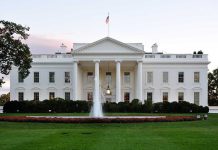
A new wave of criticism against the mainstream media emerges as Senator JD Vance accuses major outlets of undermining democracy.
Story Snapshot
- JD Vance denounces mainstream media for bias and misinformation.
- His remarks spark national debate over media ethics and accountability.
- Vance’s supporters rally, seeing his actions as justified pushback.
- The controversy highlights declining trust in journalism.
JD Vance’s Critique of the Media
On September 24, 2025, Senator JD Vance launched a vehement attack on mainstream media during a press conference. Vance accused several prominent news organizations of spreading misinformation and deliberately crafting narratives to undermine democratic processes. His statements, amplified through social media, have spurred a national discourse on media ethics and the influence of press in shaping public opinion.
Vance’s remarks coincided with the publication of a critical story about his involvement in a legislative negotiation. Responding to the coverage, Vance accused the media of bias and manipulation, claiming they were orchestrating attacks to discredit him and other conservative voices. This incident underscored the escalating tensions between political figures and journalists, spotlighting the ongoing debate over media credibility.
The Broader Context of Media Criticism
JD Vance is not new to criticizing the media, having built a reputation as a staunch opponent of what he perceives as liberal bias in the press. Since his 2022 Senate campaign, Vance has echoed sentiments popularized by former President Donald Trump, using the term “fake news” to delegitimize unfavorable coverage. This rhetoric aligns with a broader conservative strategy to rally supporters by challenging the integrity of mainstream media.
Amid this backdrop, the media environment in the U.S. has grown increasingly polarized. Trust in journalism has been on the decline, with a Pew Research Center report indicating only 34% of Americans trust national news organizations. This distrust is exacerbated by social media platforms, which often serve as echo chambers for partisan narratives.
Impact and Future Implications
The fallout from Vance’s comments has been substantial. Major media outlets have defended their reporting, while press freedom organizations have condemned Vance’s rhetoric as dangerous to democratic norms. Conservative media and political allies, however, have rallied in support of Vance, amplifying his message and mobilizing his base.
VP JD Vance Bringing The Fire!
Why JD Vance Went Scorched Earth on the Fake News Press Yesterday https://t.co/xpSzuGXIAo
— ♠️X.Gh0sT.X♠️ (@0_Tr0uBle_0) September 25, 2025
In the short term, this confrontation is likely to deepen polarization and increase media scrutiny of Vance. Long-term implications could include further erosion of public trust in journalism and a normalization of anti-press rhetoric. As the debate continues, it highlights the critical need for media literacy and institutional accountability to safeguard democratic principles.
Sources:
Associated Press, “JD Vance Attacks Media”
Reuters, “Vance Criticizes Media Bias”
NPR, “Vance’s Media Remarks Spark Debate”
Pew Research Center, “Public Trust in Media” (2024)




